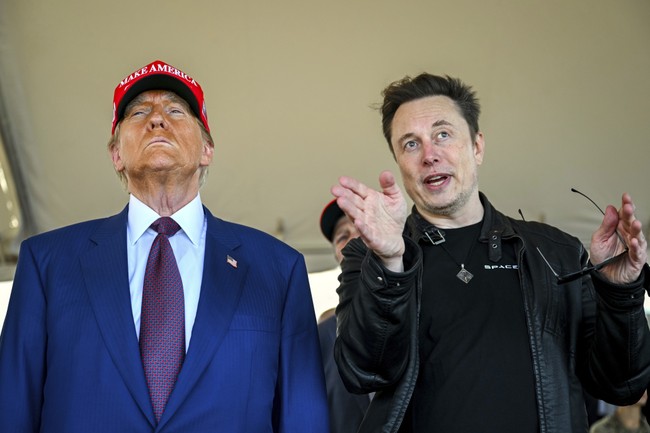Trump and Kim Jong-un: Renewed Diplomatic Efforts?
Speculation abounds as Donald Trump contemplates rekindling diplomatic ties with Kim Jong-un amid North Korea's nuclear advancements.
Published January 26, 2025 - 00:01am

Image recovered from koreatimes.co.kr
The international community watches with a mix of anticipation and trepidation as former U.S. President Donald Trump hints at reigniting diplomatic overtures with North Korea's leader, Kim Jong-un. Analysts are divided over whether such efforts will yield meaningful results or exacerbate global tensions.
During his previous administration, Trump met with Kim on three occasions—historic meetings that marked the first time a sitting U.S. president shook hands with a North Korean leader. Despite these engagements, tangible progress on denuclearization failed to materialize. The reclusive state has since accelerated its nuclear and ballistic missile programs, prompting calls for a reassessment of U.S. policy towards Pyongyang.
In a recent interview with Fox News, Trump referred to Kim as a smart guy and expressed intentions to reach out once more. He alluded to their personal rapport, describing it as a diplomatic asset in halting North Korea's nuclear ambitions—a critical issue as the North fortifies its military capabilities. However, as the stakes rise, so do the hurdles.
Critics of Trump's approach argue that personal diplomacy has limits. With North Korea's regime recently codifying its nuclear status in its constitution, experts caution that reversing such advancements will be challenging. The involvement of North Korean troops in the Ukraine conflict, in collaboration with Russia, further complicates the geopolitical landscape. It signals to the world a strategic counterbalance to what Pyongyang and Moscow deem Western hegemony.
As Kim leverages support from Russia, notably for economic and technological gains, the paradox emerges—will Trump engage in a transactional diplomacy that acknowledges North Korea as a nuclear power in exchange for perceived stability? Such moves could unsettle South Korea and Japan, two key U.S. allies wary of North Korea's ambitions.
South Korea, under President Yoon Suk-yeol, remains cautious. Seoul has expressed its disapproval of any recognition of North Korea's nuclear status, viewing denuclearization as an essential bedrock of peace in the region. The specter of an arms race in East Asia intensifies as diplomatic calculations shift amidst alliances and rivalries.
In Washington, voices like that of Marco Rubio emphasize the importance of a comprehensive strategy toward North Korea. Rubio, during his confirmation hearings, underscored the need to prevent a crisis while deterring a nuclear arms buildup, signaling a demand for robust and multi-faceted diplomacy.
Amidst these dynamics, Trump's rhetoric can be seen as both a continuation and a fresh chapter. With the ongoing ramifications of the 2020 U.S. elections and mounting global challenges, Trump's overtures—though controversial—highlight the persistent complexities of U.S.-North Korea relations and the broader ramifications for global security architecture.
In this evolving narrative, the world will closely observe whether Trump's foreign policy pivots will anchor themselves in substantive outcomes and whether Kim Jong-un will reciprocate, or if this will be yet another diplomatic endeavor fraught with symbolic gestures but lacking in enduring resolutions.






